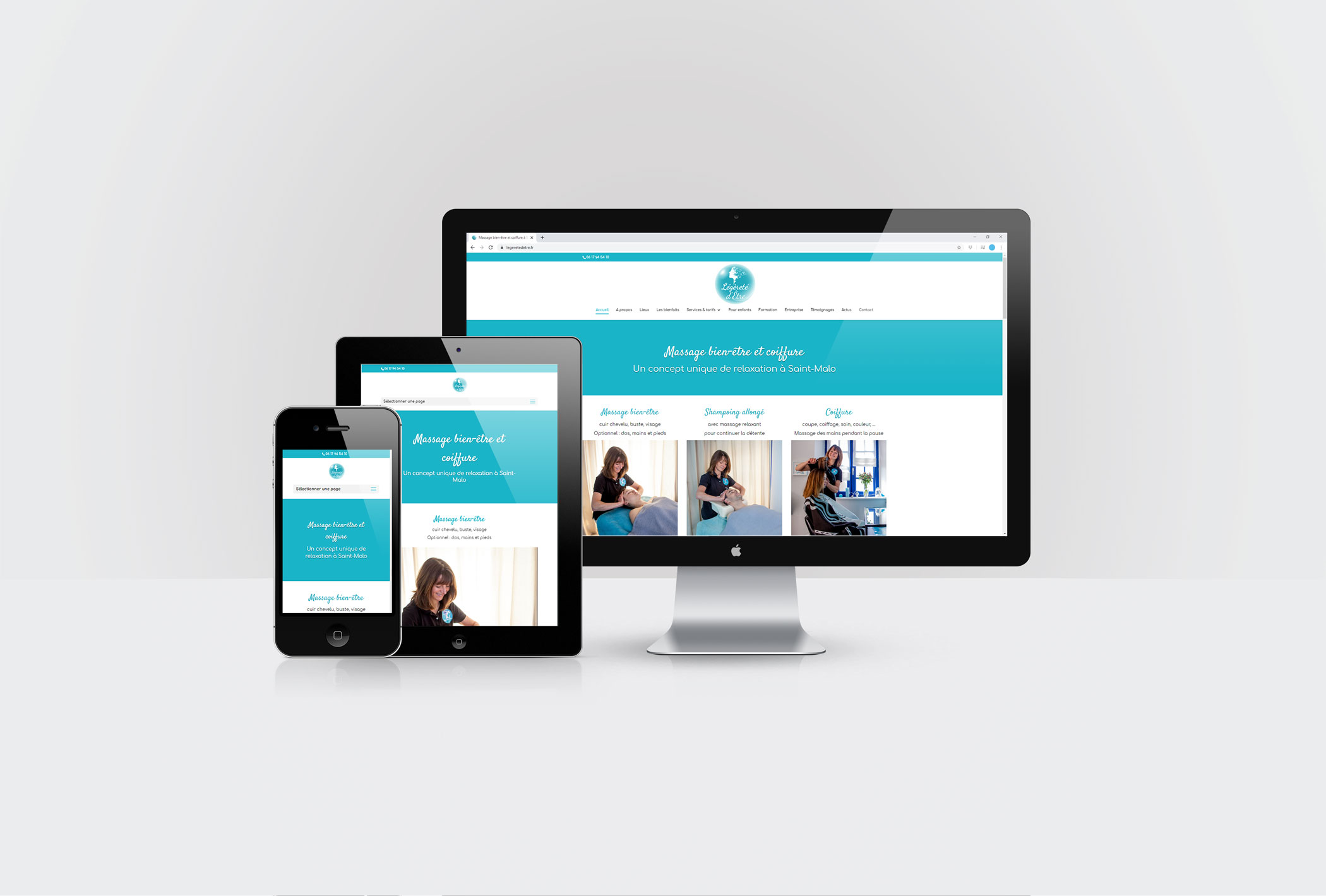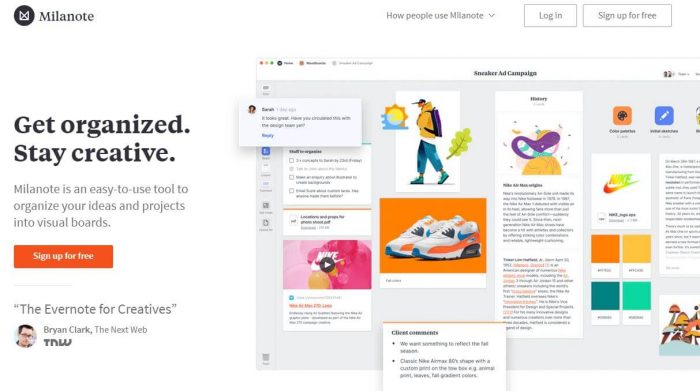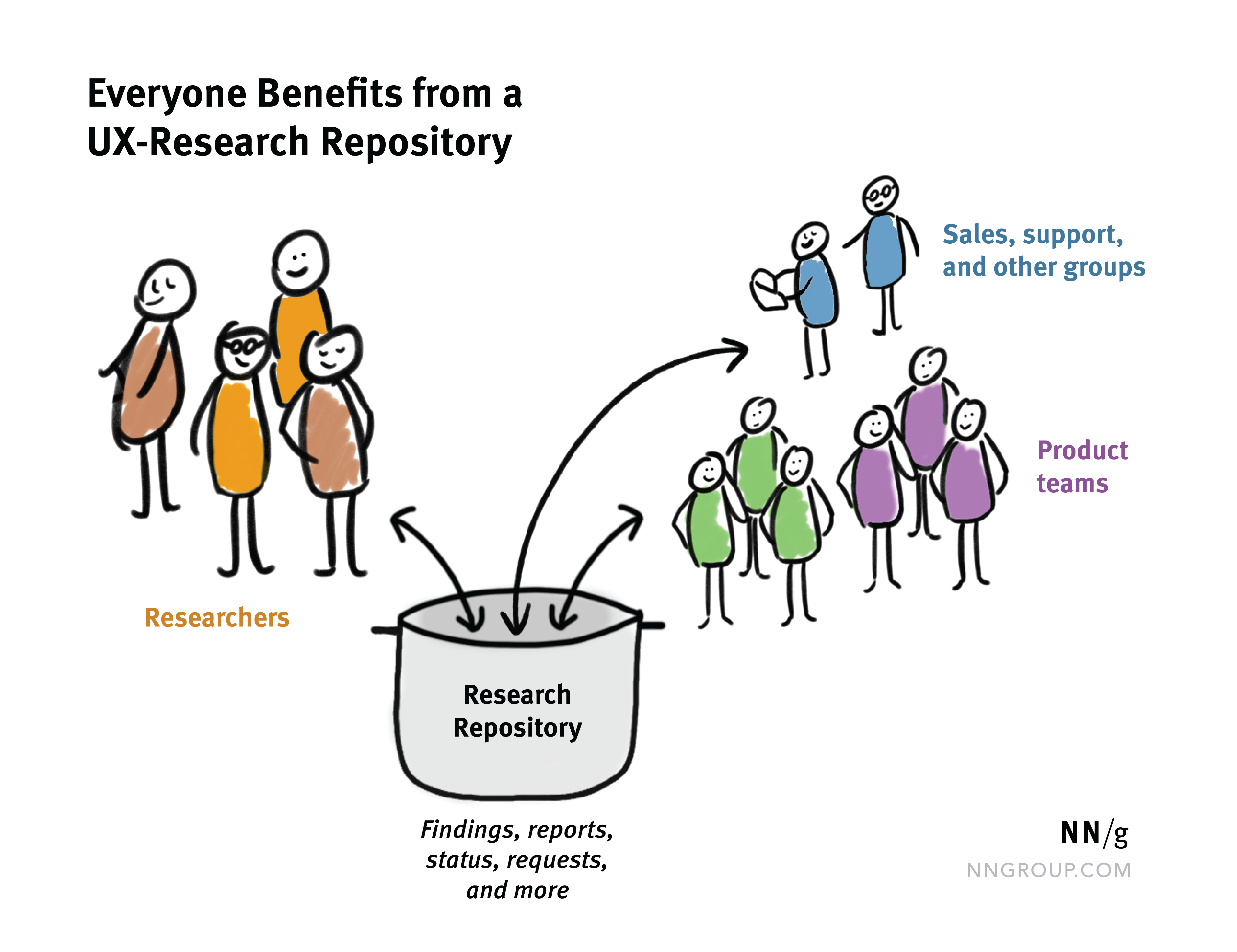
Whether you're developing an app for desktops, mobile devices, or both, you'll want to ensure that it's responsive to all types of screen sizes and orientations. Responsive apps automatically adapt their UI to the available screen sizes. When the user changes the orientation of their device, they re-layout and adjust the user interface (UI). It results in an app that is compatible with all devices. Continue reading to learn more.
Mobile web app
Mobile web app responsiveness is a key aspect of web development. Most users today expect web pages to load within two seconds. If web pages take longer than two seconds to load, users get frustrated. Web applications that are lightweight can load faster by using code minification, CDNs and only the information the user needs. The design of a mobile app should focus on displaying only necessary information and following the "Don't repeat yourself" principle.
Not only are they responsive, but mobile web applications also have a reduced time to market because they don’t need approval from Apple Store or Google Play. This app has been redesigned to be compatible with different devices. It is more socially-savvy and shareable. Responsive apps are a great way to rank websites high in search results. They also allow customers to share links and help them find products and other services. It's a win for everyone.

Progressive web app
Progressive web applications (PWAs) are hybrid forms of responsive websites that provide app-like functionality and do not require download or installation. It's reliable, uses less memory space and is often quicker than typical responsive websites. It can be installed directly from the web and behaves just like any other website. PWAs often include hardware sensors to enhance the user's experience. Both types offer similar benefits.
A progressive web app looks and feels just like a native mobile app. It should use an application shell model, and it should require very few page refreshes. Users can also use the app offline to make it accessible from any device. The user's device can have progressive web apps installed on its home screen. They are automatically updated when new content is added. They can have the same features that a native mobile application.
App for adaptive web design
Adaptive web apps are the new standard for mobile-friendly websites. These apps are designed to adapt to the screen size and preferences of every device that they are used. Unlike traditional apps, they are not available in app stores. This is a major advantage because websites are accessible from any device, regardless of the resolution. These apps have limitations but can save websites money and improve user satisfaction.
It is important to understand the specific type of device that you are targeting in order for a web app to be adaptive. It is impossible for you to create the exact same website for each device. Instead, you should use a strategy that adjusts the layout to fit each screen resolution and device. This is also known as the progressive improvement strategy. This strategy starts with the oldest browsers and creates a website that works on modern browsers.

Native mobile app
Native apps are software applications that run "live", on mobile devices. A responsive design, on the other hand, is designed to fit all screen sizes. This means that the design can be modified to fit any device screen size. It may also convert button-based menus into drop-down menus. While responsive apps can require manual updates in some cases, others are automatically updated.
Native apps are more expensive than responsive web sites and take up much more of your time. Native apps perform better than responsive websites, so they are more effective. A native app is not necessary for every business. Therefore, most businesses have a responsive website. A responsive web platform has similar functionality and can prove equally effective for most businesses. Native apps are great for brand awareness and have many benefits.
FAQ
How much do web developers make?
Working on a website yourself will likely earn you between $60 and $80 an hour. But if you want to charge a lot more, you should consider becoming an independent contractor. The hourly rate could be anywhere from $150 to $200
How Much Does It Cost To Create An Ecommerce Website?
It all depends on what platform you have and whether or not you hire a freelancer. eCommerce websites start at about $1,000.
You can expect to pay between $5000 and $10,000 for a platform once you have decided.
If you're planning on using a template, you probably won't pay more than $5,000. This includes any customization you need to make to fit your brand.
How to design a website?
Understanding your customers' needs is the first step. What do they look for on your site?
What issues might they be facing if they can't locate what they're looking at on your site.
You now need to know how to fix the problems. Your site must look professional. It should be easy for users to navigate.
Your site should be very well-designed. Make sure that it doesn't take too long to load. People won't stay as long if it takes too long to load. They'll go somewhere else instead.
If you're going to build an eCommerce site, you need to think about where all your products are located. Are they all located in the same location? Or are they scattered around your site?
It's important to decide if you want to sell just one product or multiple products. Do you want to sell just one type of product or multiple kinds?
You can start building your site when you've decided on these questions.
Now, you have to think about the technical aspects of your site. How will your website work? Will it run fast enough? Can it be done quickly by people using their computers?
Will it be possible to buy something online without paying any extra? Do they need to register in order to buy anything?
These are crucial questions you should be asking yourself. These questions will help you to make the right decisions and move forward.
Do I choose WordPress or a web builder?
A small website is the best way to build a successful web presence. If you have the time or resources to create a complete site, do so. If you don't have the resources to build a full-fledged site, a blog may be the best choice. You can always add features later as you learn how to design and develop websites.
You should first set up your primary domain before you begin building your first website. This will provide a point to which you can publish content.
How do you choose a domain name
It is crucial to choose a great domain name. People won't know where to go if they don't have a good domain name.
Domain names should be short, easy to remember, relevant to your brand, and unique. Ideal domain names are something people would type into their browser.
Here are some ideas to help you choose a domain.
* Use keywords that relate to your niche.
* Avoid hyphens (-), numbers, and symbols.
* Don't use.net or.org domains.
* Do not use words you already know.
* Try to avoid generic terms like "domain" or "website."
* Check that it is available.
Statistics
- Is your web design optimized for mobile? Over 50% of internet users browse websites using a mobile device. (wix.com)
- At this point, it's important to note that just because a web trend is current, it doesn't mean it's necessarily right for you.48% of people cite design as the most important factor of a website, (websitebuilderexpert.com)
- Did you know videos can boost organic search traffic to your website by 157%? (wix.com)
- Studies show that 77% of satisfied customers will recommend your business or service to a friend after having a positive experience. (wix.com)
- It's estimated that in 2022, over 2.14 billion people will purchase goods and services online. (wix.com)
External Links
How To
What is Website Hosting?
Website hosting describes where visitors go when they visit a site. There are two types:
-
Shared Hosting - This is your cheapest option. Your website files are stored on a server that is owned by another person. When customers visit your site, their requests travel over the Internet to that server. You then receive the request from the owner of the server.
-
Dedicated hosting – This is the most expensive option. Your website is located on only one server. Your traffic is private because no other websites have shared space on this server.
Because it is less expensive than dedicated hosting, shared hosting is preferred by many businesses. You can use shared hosting if the company owns the server to provide the resources required for your website.
But there are pros and cons to both options. These are some of the major differences between them.
Pros of Shared Hosting
-
Lower Cost
-
Easy To Set Up
-
Frequent updates
-
It is possible to find it on many web hosting companies
Shared hosting is often as cheap as $10 per month. Remember that shared hosting usually comes with bandwidth. Bandwidth is the data transfer speed that you have over the Internet. Even if you upload only photos to your blog you might still have to pay more for large amounts of data that you transfer through your account.
You will quickly see why you paid so much for your former host once you have started. Most shared hosts provide very limited customer support. While they may occasionally assist you in setting up your site and other tasks, after that you are all on your own.
Providers that offer 24-hour customer support are worth looking into. They will attend to any issues you have while you sleep.
Hosting dedicated:
-
More Expensive
-
Fewer Common
-
Specific Skills Required
With dedicated hosting, all you need to maintain your website are provided. You won't have to worry about whether you're using enough bandwidth or whether you've got enough RAM (random access memory).
This means you will need to spend more upfront. You'll soon realize that your business is self-sufficient once it's online. You'll soon be an expert at managing servers.
Which is better for my business?
It all depends on the type of website you are creating. If you are selling products, shared hosting may be the best option. It is easy to set-up and manage. A server shared with several other sites means that you will receive frequent updates.
However, dedicated hosting is the way to go if you want to build a community around your brand. It allows you to focus on building your brand and not worrying about managing your traffic.
Bluehost.com is a web host that offers both. Bluehost.com provides unlimited monthly data transfer, 24/7 support, free domain registration and a 30-day money back guarantee.